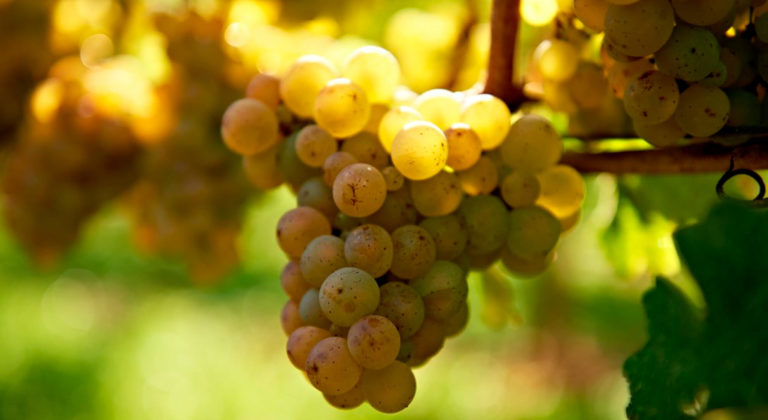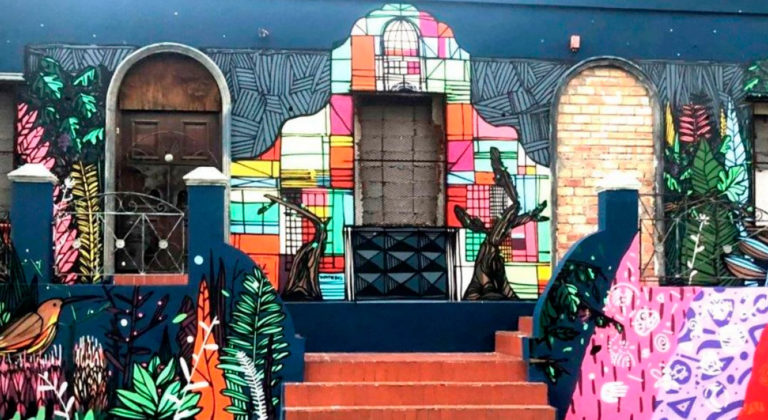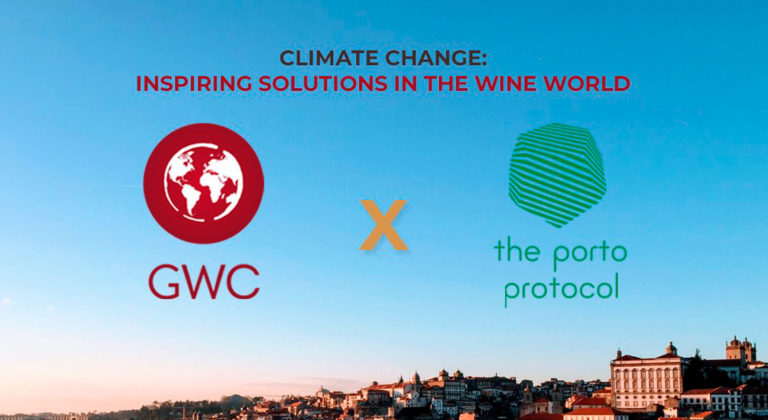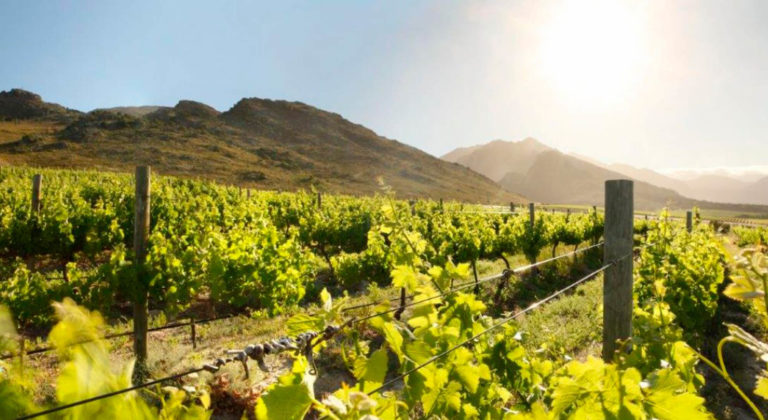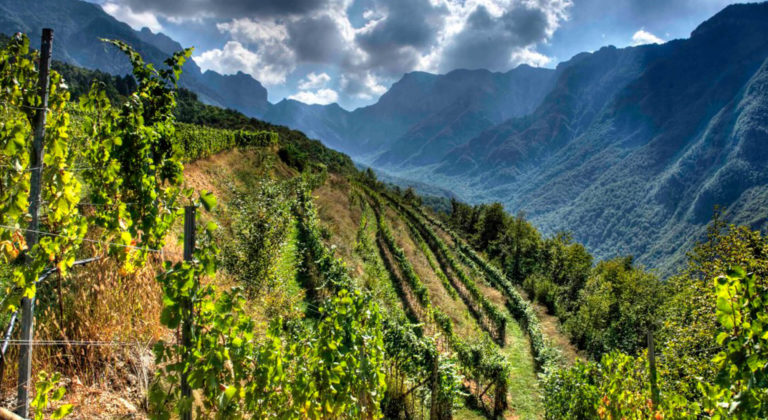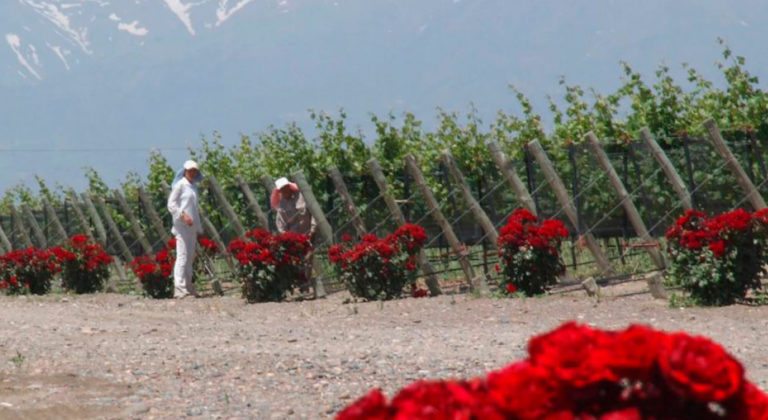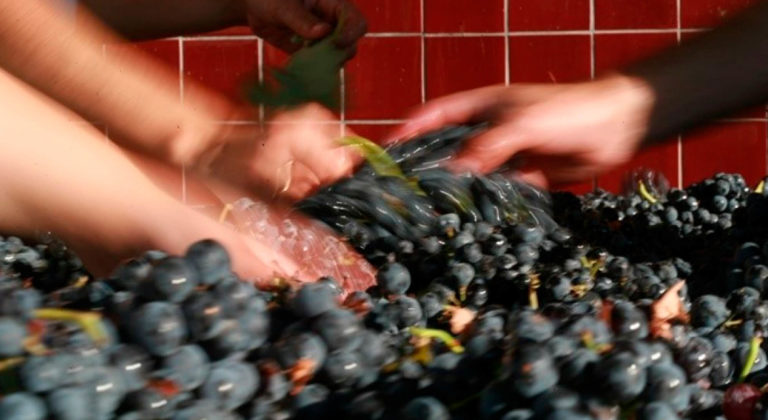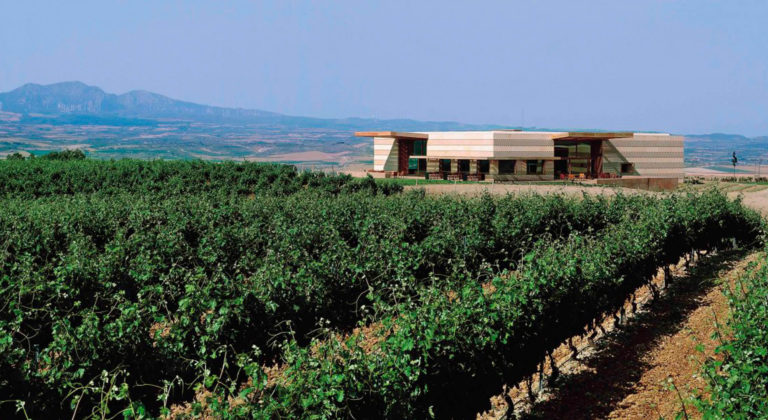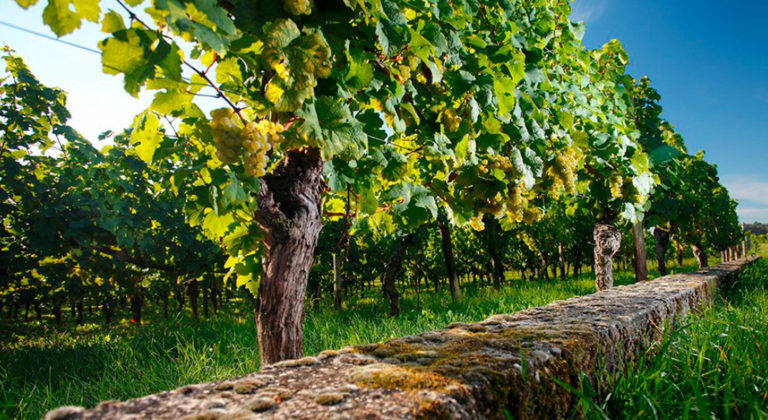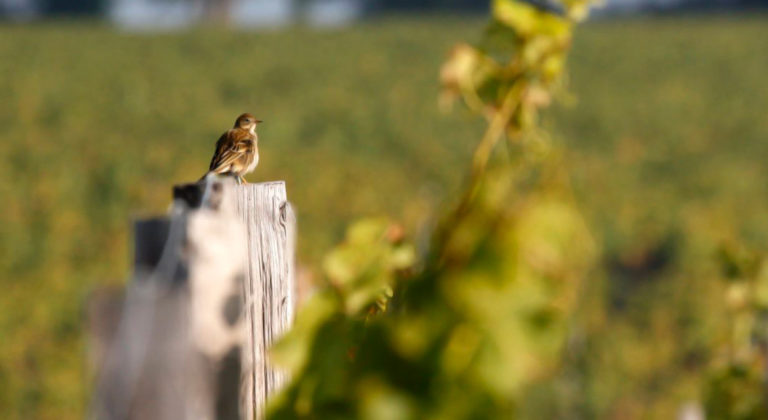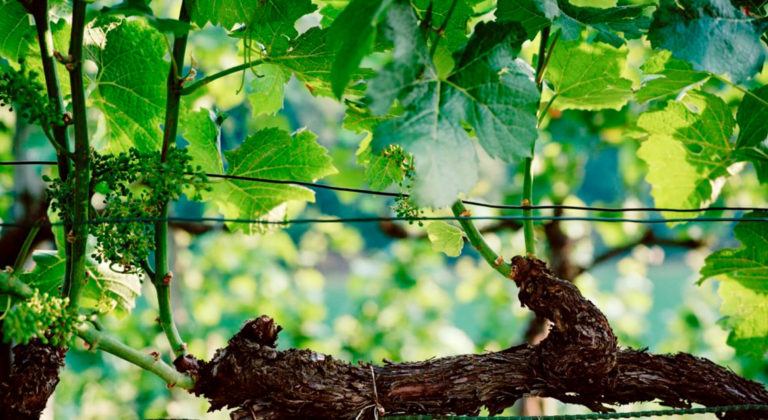Riesling is a true phenomenon, with experiences ranging from infectious cheer to challenging intellectuality. It is the most important grape variety in Rheinhessen, accounting for 18% of vineyard space across 4,855 hectares of land – and counting. Riesling ripens...
The #SaveSAWine + Robinson & Sinclair successfully launches on Loop Street in Cape Town
Cape Town, Western Cape, South Africa: The #SaveSAWine + Robinson & Sinclair Mural Project launched Friday night in Cape Town. Artist Waynebks of Baz-Art painted our homage to the South African Wine Industry opposite the Robinson & Sinclair Wine Shop on Loop...
Great Wine Capitals Global Network and The Porto Protocol Foundation announce a collaboration to promote the role of wine regions in the sustainable evolution of the wine industry.
Great Wine Capitals Global Network and The Porto Protocol Foundation announce a collaboration to promote the role of wine regions in the sustainable evolution of the wine industry.
Initiatives to reduce carbon impact in the wine tourism industry in the Cape
You can’t manage what you don’t measure” – Peter Drucker Here's a list of initiatives to help the wine industry reduce their carbon footprint: The Confronting Climate Change (CCC) Initiative Is a carbon footprinting project, developed to support the South African...
Wine and Sustainability in Verona: a distinctive and rewarding winegrowing strategy
The concept of Sustainability is a value with very deep roots in Verona, involving a constant research whose deepest purpose is to safeguard the ecosystem and its traditional native inhabitants.
Actions for sustainability in Argentinean Viticulture
Sustainability is gaining importance worldwide every day. The wine industry is no exception. In Argentina, the Association of Wineries of Argentina (Bodegas de Argentina) includes a sustainability commission that addresses this issue in conjunction with other important institutions of the wine ecosystem and proposes concrete actions to wineries so that they can achieve their objectives of being better for their regions and the environment in general and that they can also demonstrate it to the world.
Three top solutions for the wine tourism industry to combat the carbon side effects
The tourism industry is growing faster when at the same time, the environmental consequences of this growth are expanding as well.
In the last years, man’s activity of burning fossil fuels has increased atmospheric CO2, leading to a kind of greenhouse effect whereby CO2 absorbs and traps in the atmosphere radiation.
Due to all these facts, the following questions reside in what are the implications of wine production for climate change? How can consumers be helped to enjoy this activity of wine drinking in perspective with their other lifestyle choices? Does climate affect the grapevine and subsequently, the quality of the wine? Don’t vineyards absorb CO2?
All the answers reside in which solutions exist to reduce the carbon impact in the wine tourism industry. Let's unveil some of them!
Pernod Ricard Winemakers Spain, a World Leader in Sustainable Development and Social Responsibility
Pernod Ricard Winemakers Spain, with three wineries in Rioja – Bodegas Campo Viejo, Bodegas AGE y Bodegas Ysios – is a pioneer in sustainability and corporate social responsibility.
These values are an essential part of the company’s DNA, centered around a roadmap for 2030 that covers every aspect of its activity: nurturing terroir, valuing people, circular making and responsible hosting.
Rheinhessen, the land of ideas: creativity, dedication and networking for CO2 reductions in viticulture
As the region of Rheinhessen, is shaped by its viticulture, local wine growers have a special responsibility when it comes to promoting sustainable development, and the wine industry has been proving its dedication in this field for many years. In 2012, for example, the marketing organisation for local wines (Rheinhessenwein e. V.) published a study with a strong focus on sustainability and carbon emissions.
Sustainable Wine Tourism in South Australia
South Australia is home to some of the most pristine natural environments and unique wildlife in the world, and we’re committed to keeping it that way. Here, sustainability is more than a checkbox; protecting our environment is a way of life.
Treading in wine’s carbon footprint.
In 2008, Bordeaux carried out the first Carbon Assessment of the industry, finding that it produced 840,000 tonnes equivalent CO2 from three main sources; inputs (plastic, glass, winemaking products, etc.), transport and energy.
Lausanne Great Wine Capital Region – a pioneering vineyard
By developing integrated pest management and sexual confusion as early as the 1970s, Lausanne wine region played a pioneering role in the protection of wildlife and the environment.
